Optimal Timing for Exterior Commercial Painting
Exterior commercial painting requires optimal weather conditions to ensure durability and quality. Timing plays a crucial role in achieving a long-lasting finish and minimizing the need for future touch-ups. Understanding seasonal patterns and climate factors can help determine the most suitable periods for painting projects.
The best temperatures for exterior painting are typically between 50°F and 85°F. Temperatures outside this range can affect paint adhesion and drying times.
Low to moderate humidity levels are preferred to prevent paint from drying too slowly or developing defects.
Dry weather with minimal rain is essential during application and curing periods to avoid damage and uneven finishes.
Spring and early fall are generally ideal seasons due to moderate temperatures and lower humidity levels.

Spring offers moderate temperatures and longer daylight hours, ideal for exterior commercial painting.

Autumn provides cool, dry conditions suitable for exterior painting projects.

High summer temperatures can cause paint to dry too quickly, leading to issues like cracking or uneven coverage.

Ways to make Exterior Commercial Paintings work in tight or awkward layouts.

Popular materials for Exterior Commercial Paintings and why they hold up over time.

Simple add-ons that improve Exterior Commercial Paintings without blowing the budget.
| Season | Optimal Conditions |
|---|---|
| Spring | Moderate temperatures, low humidity, minimal rain |
| Summer | High temperatures, risk of quick drying and cracking |
| Autumn | Cool, dry, stable weather |
| Winter | Cold temperatures and precipitation make painting unsuitable |
Exterior commercial paintings are essential for maintaining the appearance and protection of commercial buildings. Proper timing ensures that the paint adheres well and cures properly, extending the lifespan of the finish. Seasonal considerations, local climate, and weather patterns significantly influence the success of painting projects. Accurate scheduling and preparation can prevent issues such as peeling, cracking, and premature wear.
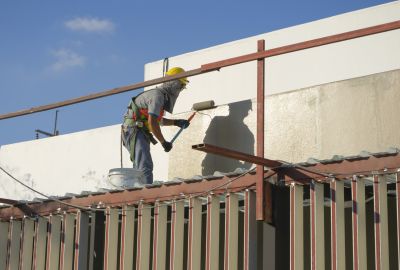
Spring's mild weather supports high-quality exterior coatings.

Autumn's dry conditions help achieve durable finishes.
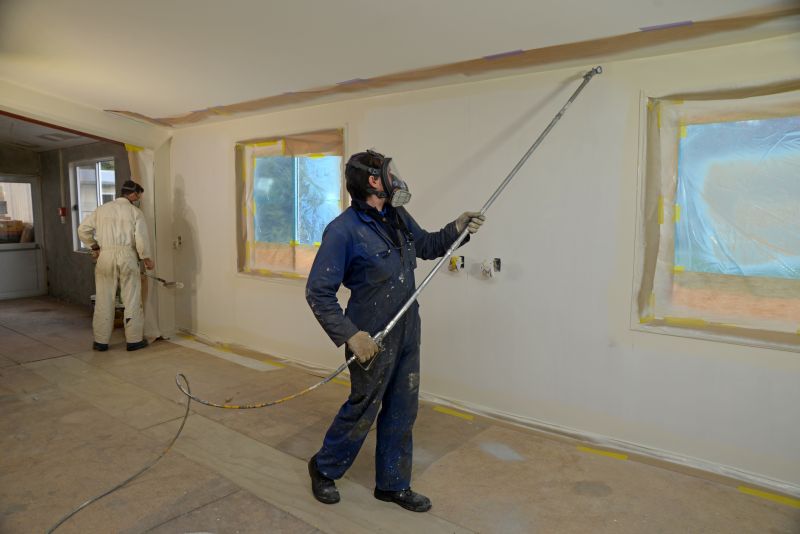
High temperatures can impair paint application and curing.
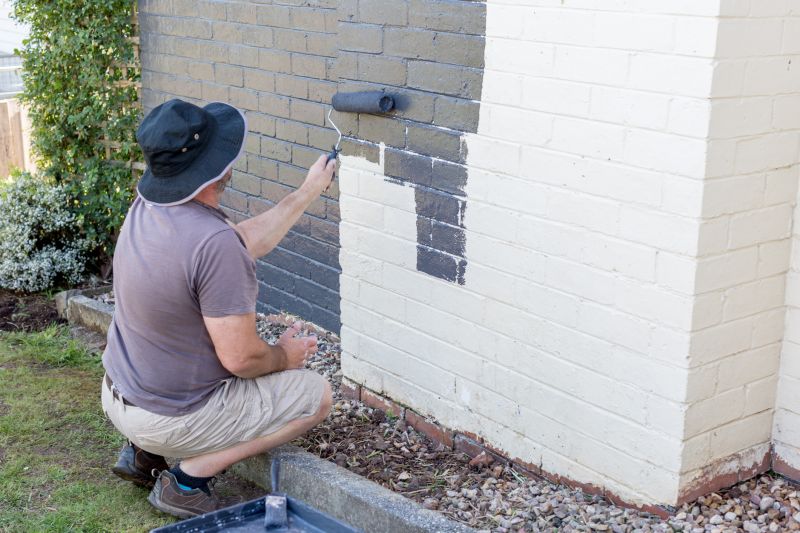
Cold and wet conditions prevent effective exterior painting.
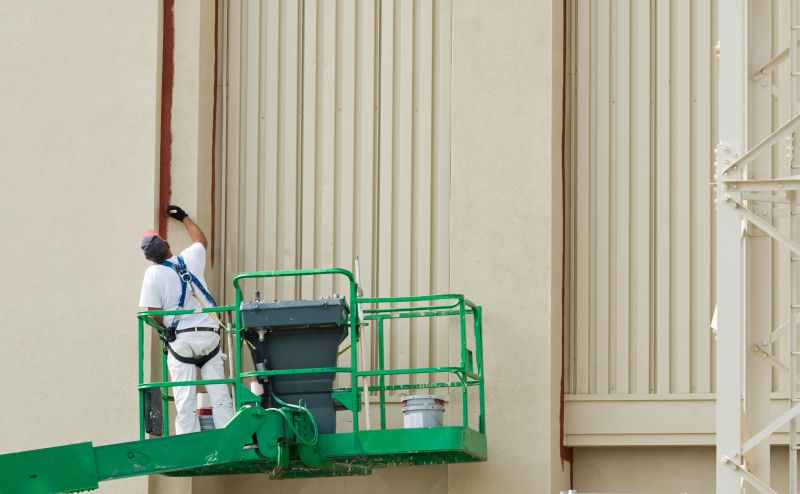
High-end options that actually feel worth it for Exterior Commercial Paintings.
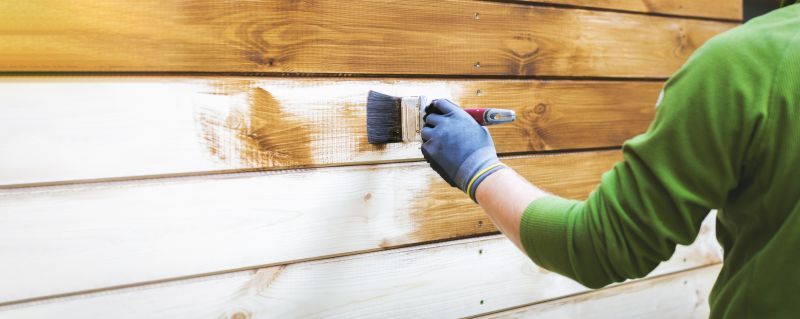
Finishes and colors that play nicely with Exterior Commercial Paintings.
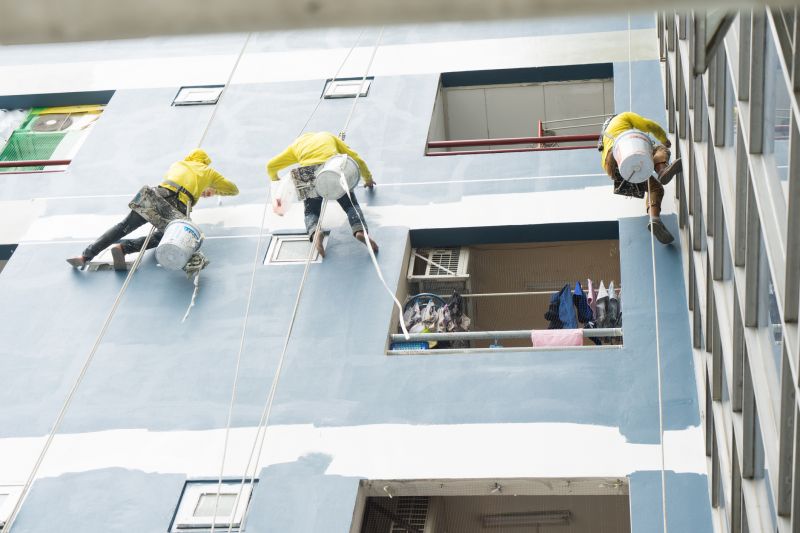
Little measurements that prevent headaches on Exterior Commercial Paintings day.
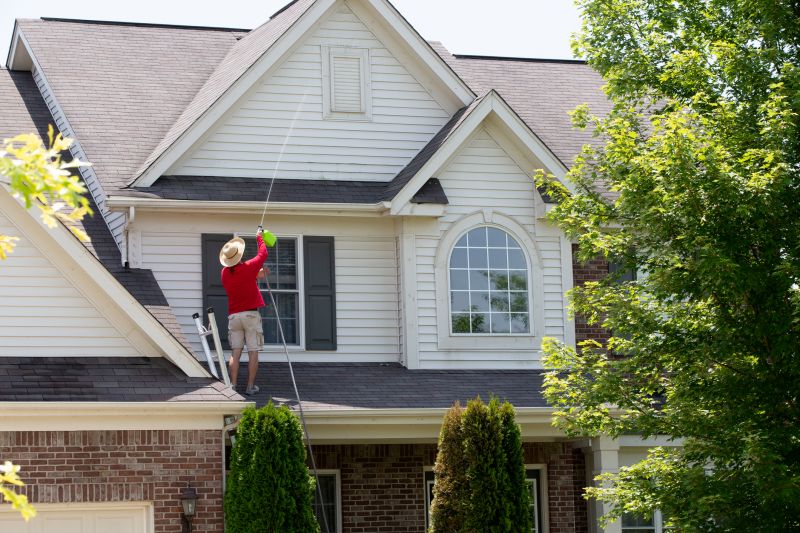
A 60-second routine that keeps Exterior Commercial Paintings looking new.
Choosing the right time for exterior commercial painting can significantly impact the project's success and longevity. Proper planning based on seasonal weather patterns helps ensure a smooth process and a high-quality result. For those interested in scheduling a painting project, filling out the contact form provides an opportunity to discuss timing and requirements.
